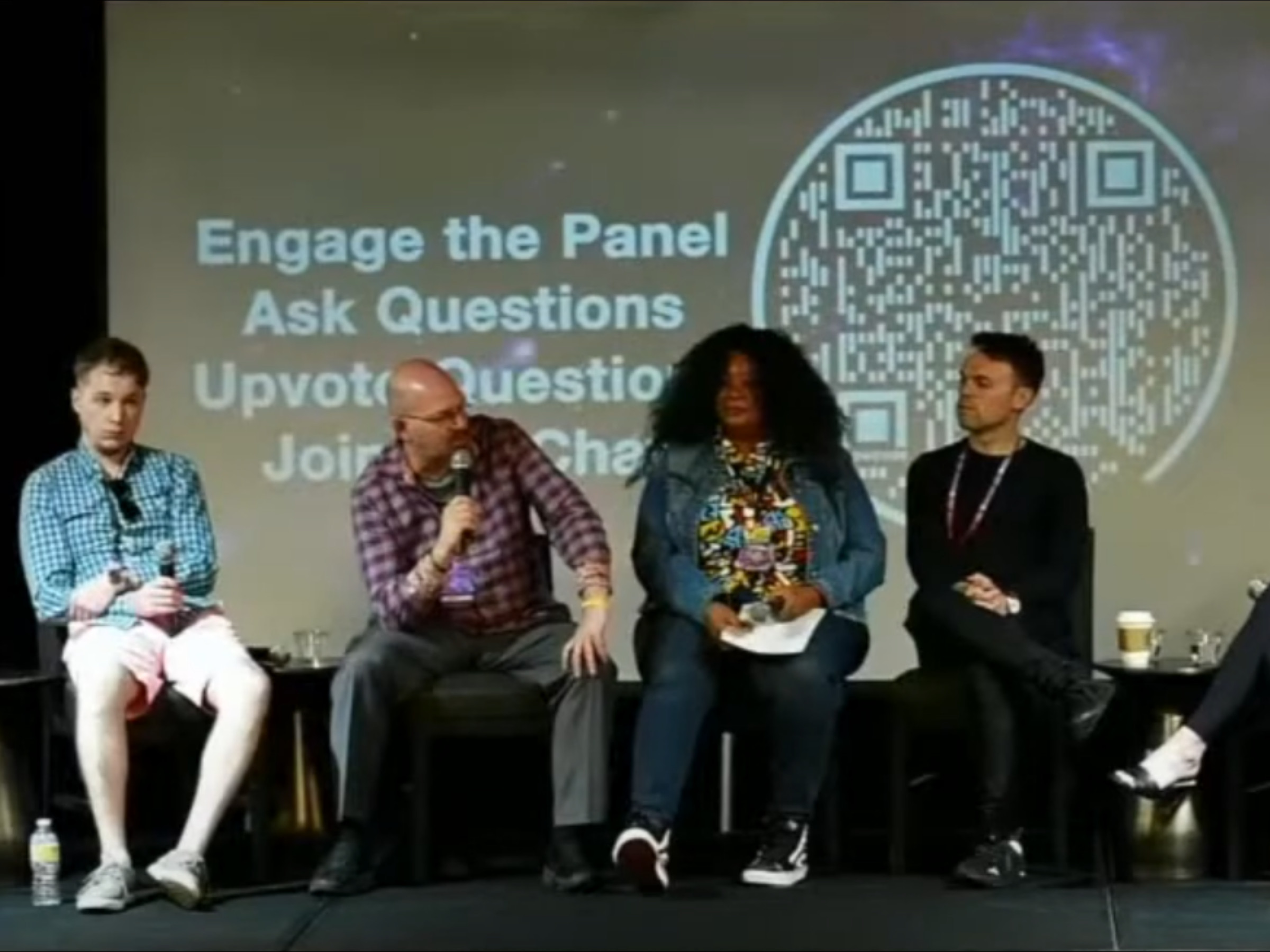Will T of Kingfisher's Media℠
The founder talks online education platforms, regenerative educational models, and the concept of value.
By CARBON Copy Team | March 12th, 2024

The CARBON Copy (CC) team recently caught up with Will, founder of the Kingfisher's Media℠. In this interview, Will delves into the concept of regenerative education.
CC: Welcome, Will. Can you start by telling us a bit about yourself?
Will: I am the founder of Kingfisher's Media℠, blockchain educator, live broadcaster, and published author.
CC: Can you articulate the issues, as you see them, with online education services like Udemy?
Will: Udemy uses a subscription-based model generating monthly recurring charges or an à la carte offering by course. Systemically, this still requires learners to evaluate if their budget fits to access the learning they seek. Typically, this can cost anywhere from a few hundred dollars to a few thousand dollars annually.
CC: Okay, so the idea is that this can be prohibitively expensive, especially in places with lower per capita incomes, and therefore turns online learning into a privilege?
Will: I would agree with that statement. I feel to characterize it more appropriately as a luxury versus a necessity is more accurate.
CC: Is there a bigger issue where sites like Udemy feel compelled to charge so much in the first place?
Will: Only doing a compare and contrast, that is their business model they decided on. They have 13 years of business experience doing it that way. My counter would be does it benefit the many over the few?
CC: Can the same budget constraints be applied to the educational system at large or are we comparing apples and oranges?
Will: The education system at large, especially higher learning institutions, require learners to absorb debt that in most cases is insurmountable to overcome, whereas online-based services ae more budget friendly, so I would say apples to oranges.
CC: How should we be going about measuring the value of an online course, or even education in general?
Will: The intrinsic value plays a role in the valuation. Think about it, knowledge gained that has practical application, is beneficial especially when it is relevant to that specific focus at any given time. You can’t place a price tag on it.
CC: In our mind, education is more closely aligned with an investment instrument than an expense. Should we be thinking in terms of a return on investment when evaluating the value of an online course?
Will: I believe broad-scope the answer is yes. Investment is subjective, if we are talking about investing time to learn that is accurate. We as humans, since we formed thought, have learned in this fashion.
CC: What does a regenerative model for education look like?
Will: I love this question. Specifically making the education itself regenerative is based on inspiring people to share what they know with others. Allowing this to develop naturally and organically is a beautiful thing to witness.
CC: Can you expand a little bit on what this would look like in practice, particularly in the context of online learning platforms?
Will: Anyone, I feel, has the ability to teach. Ambition is a different story. Sharing knowledge with others, fundamentally, is the model.
CC: What would need to happen to make this a reality?
Will: We have effectuated this in our Google Classroom environment. We offer every community member an opportunity to author a curriculum based on their specific knowledge base. We give them full creative authorship of content, stylistic design, and delivery modality. We only partner upon request for instructional design purposes. This creates a culture and environment conducive to learning from each other.
CC: What role do incentives play in this? Are they even needed in the first place or is it more of a "pay what you can" situation?
Will: I know financial incentives are oftentimes setting a misguided expectation. Inspiration through action, I feel, is the best incentive a leader, educator, or peer can provide to others. For us specifically, in terms of cost-basis, it is a one-time equitable entry point dependent on regional economic equivalency.
CC: Can this model be applied beyond the online courses context? Like, could this model work in schools?
Will: Absolutely it can. Imagine a classroom full of 10-year-olds. Let’s say the teacher only teaches the daily lesson to one student. Then that student is tasked with teaching another student what they know. Then so forth and so on, it starts to permeate throughout the entire class until everyone has the same knowledge.
CC: This is an interesting idea. Our own experience is that you learn best when teaching something; there's this innate sense of responsibility that comes with educating others. Are there concerns of dilution or misinterpretation? If so, how can they be mitigated?
Will: Actively monitoring the activity would be the primary role of the teacher in the example provided to ensure continuity of the content.
CC: To finish up, can you tell us what's in store for you and Kingfisher's Media℠ in 2024?
Will: We have a lot coming up this year:
- Virtual environment presence
- 3 mint cycles including minting on demand (Education Passport 2nd Semester, Summer School, Education Passport Series 2 1st Semester)
- More Web3 memberships
- More localized community support
- Expand current core curriculum
- Bring more educators on platform
- Native rewards mechanism in addition to current monthly awards
- On-Chain certifications for course completion
- Expansive broadcasting with Let’s Grow DAO
The answers in this article are the personal opinions of Mr. T and do not necessarily reflect the views of Kingfisher's Media℠.